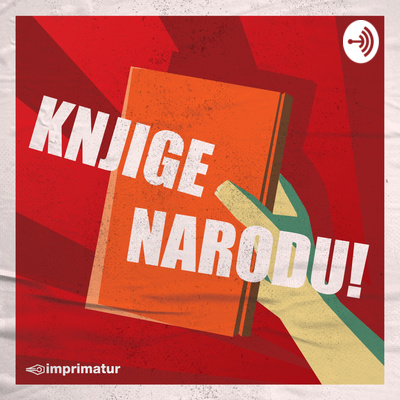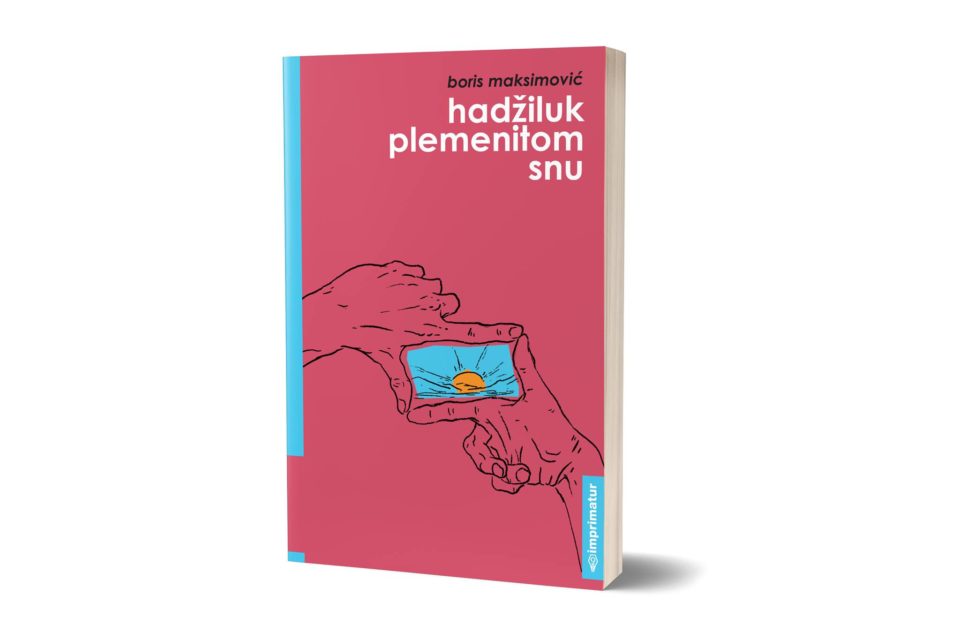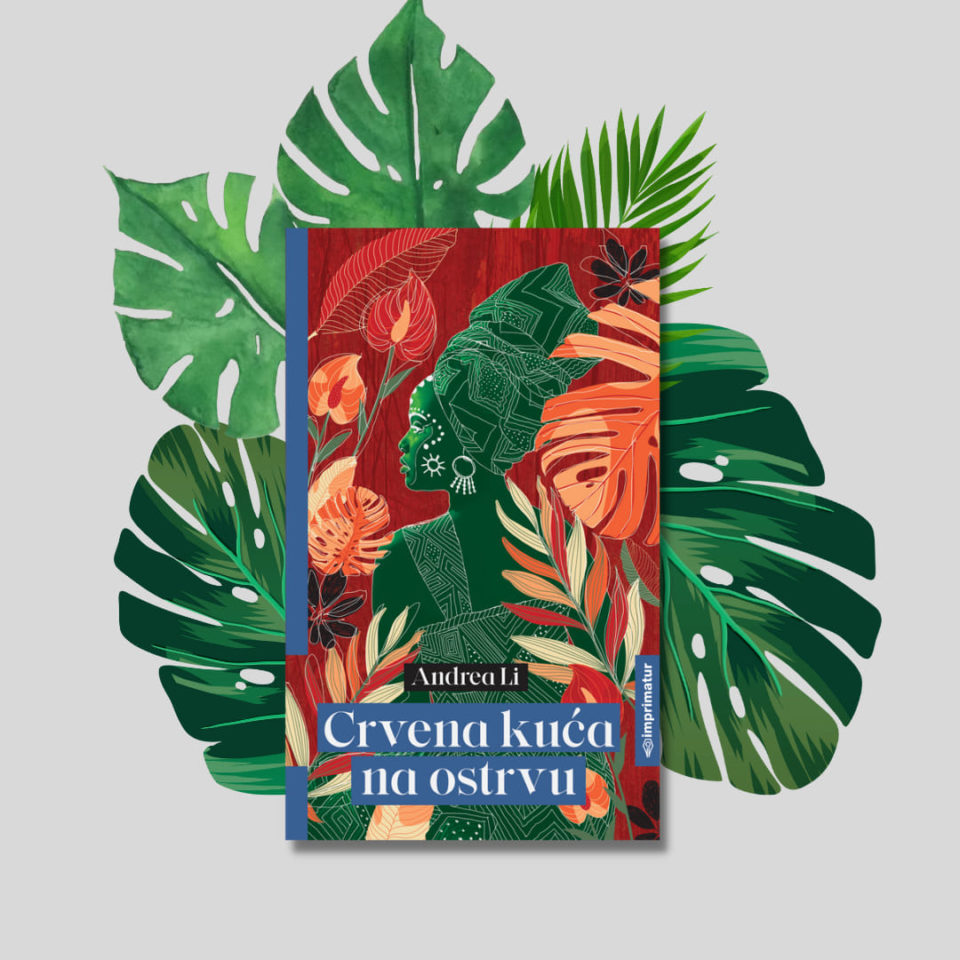
The book, as the main historical medium, has been largely replaced by digital media in recent decades, driven by the increasingly frequent use of technology.
Although many predicted books would disappear completely, this has not come to pass, thanks to all those who publish, read, and nurture this medium. Among them is the Banja Luka publishing house Imprimatur, which has been publishing books, promoting local and foreign writers, and maintaining a regional network of readers for eight years.
Everything started when Boris Maksimović, an editor and translator, wrote and published his book Pilgrimage to a Noble Dream [Hadžiluk plemenitom snu]. The idea for the publishing house arose from the desire to bring this work to readers’ shelves.

One of Imprimatur’s initiators was Sonja Lero Maksimović, a senior assistant at the Department of Serbian Studies at the Faculty of Philology, University of Banja Luka, and a doctoral student in the Language Science program. She explained that building a sustainable publishing business does not happen overnight. It requires taking advantage of every opportunity for development, constant investment in broadening horizons, a healthy dose of stubbornness and determination, and a pinch of luck.
In its early days, Imprimatur faced a twofold challenge. The first was a lack of awareness about the nature of publishing in the region, where it is viewed as a hobby undertaken by enthusiasts. The second was the question of how to reach readers.
These issues prompted Imprimatur to turn to Serbia, the largest regional publishing market, and establish a company in Belgrade. Simultaneously, Imprimatur focused on facilitating distribution to readers in Montenegro and Croatia.
Another challenge lies in the misconceptions and uncertainty that many authors face after completing a book.
“Authors are often unsure what the book publishing process entails and what to do with the book after it’s printed. The picture of how publishing houses work is rather unclear, and we cannot even expect that picture to crystallize unless a well-thought-out and high-quality strategy for the long-term development of publishing as an industry is put in place. This strategy must involve the collaborative efforts of institutions, publishers, booksellers, distributors, and other relevant stakeholders,” explains Lero Maksimović.
Keeping Pace with the Times
It is typical for publishing houses in the region to receive more manuscript submissions than they are able to publish. This suggests that printed books have not experienced the decline predicted since the advent of electronic editions.
Imprimatur publications can be found in bookstores, libraries, and on online platforms such as Bookmate and Novinarnica. Their books are also often featured at cultural events and relevant literary awards. Currently, Imprimatur has its hands full preparing new titles for release, some of which are already available for pre-order on their official website.
Among the upcoming titles, Lero Maksimović highlights a book by Fernanda Melčor, a Latin American literary sensation known for combining raw depictions of violence with masterful expression. The book has been translated by Mihaela Šumić, whose novel The Wolf Man [Čovjek vuk] recently hit bookstore shelves. Additionally, Imprimatur will release new books by Đanrik Karofilj, an Italian writer whose works have sold more than seven million copies worldwide, as well as a new novel by Slađana Nina Perković, whose first work received a special jury recognition for the European Union Prize for Literature and has been translated throughout Europe.
̒ ̒We are also preparing to implement a project involving the translation and promotion of a number of prominent European female writers to our readership,” Lero Maksimović noted.
New Books at your Doorstep
In the past eight years, Imprimatur has published around 80 books, with Pilgrimage to a Noble Dream having already gone through several editions. On average, they publish 12 books per year, which has led to the creation of a unique subscription program for their loyal readers.
“The annual book package works on a subscription basis—much like subscribing to a magazine and waiting for the new issue to arrive at your door every month. It’s just that in our case, you are waiting for the new book we’ve published that month,” said Marija Pejić, an editor at Imprimatur. She added that for 195 Bosnian marks (about 100 euros), subscribers receive each new title directly to their doorstep, “straight from the printing house.”

In addition to printed material and a presence on e-book platforms, Imprimatur has also tried its hand at podcasting with Books to the People [Knjige narodu]. The first season of the podcast aimed to showcase Banja Luka writers and their works, while the second season focused on the behind-the-scenes aspects of publishing.
Pejić said that many people read books but are not familiar with the entire publishing process behind the book they find in their hands. Given Imprimatur’s experience, they have the expertise to shed light on this process. “The process is often devoid of glamour, but it is also not lacking in fun,” added Pejić.
Publishing in Bosnia and Herzegovina faces many more challenges and obstacles than publishing houses in Western countries. Despite this, with the help of readers, Imprimatur has managed to bring writers together in one place, connected by quality and a unique literary voice that is reflected in the publishing house’s success.






